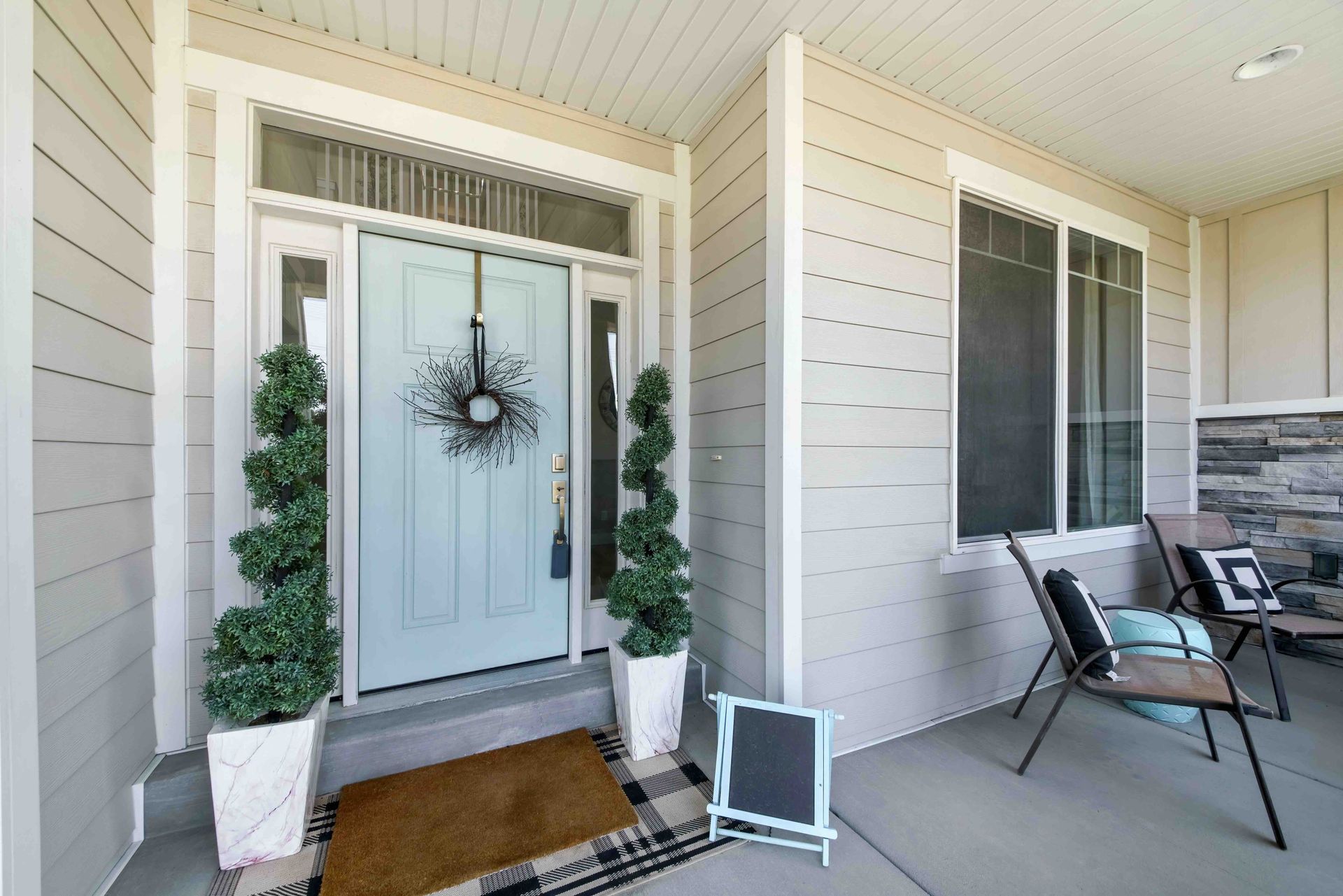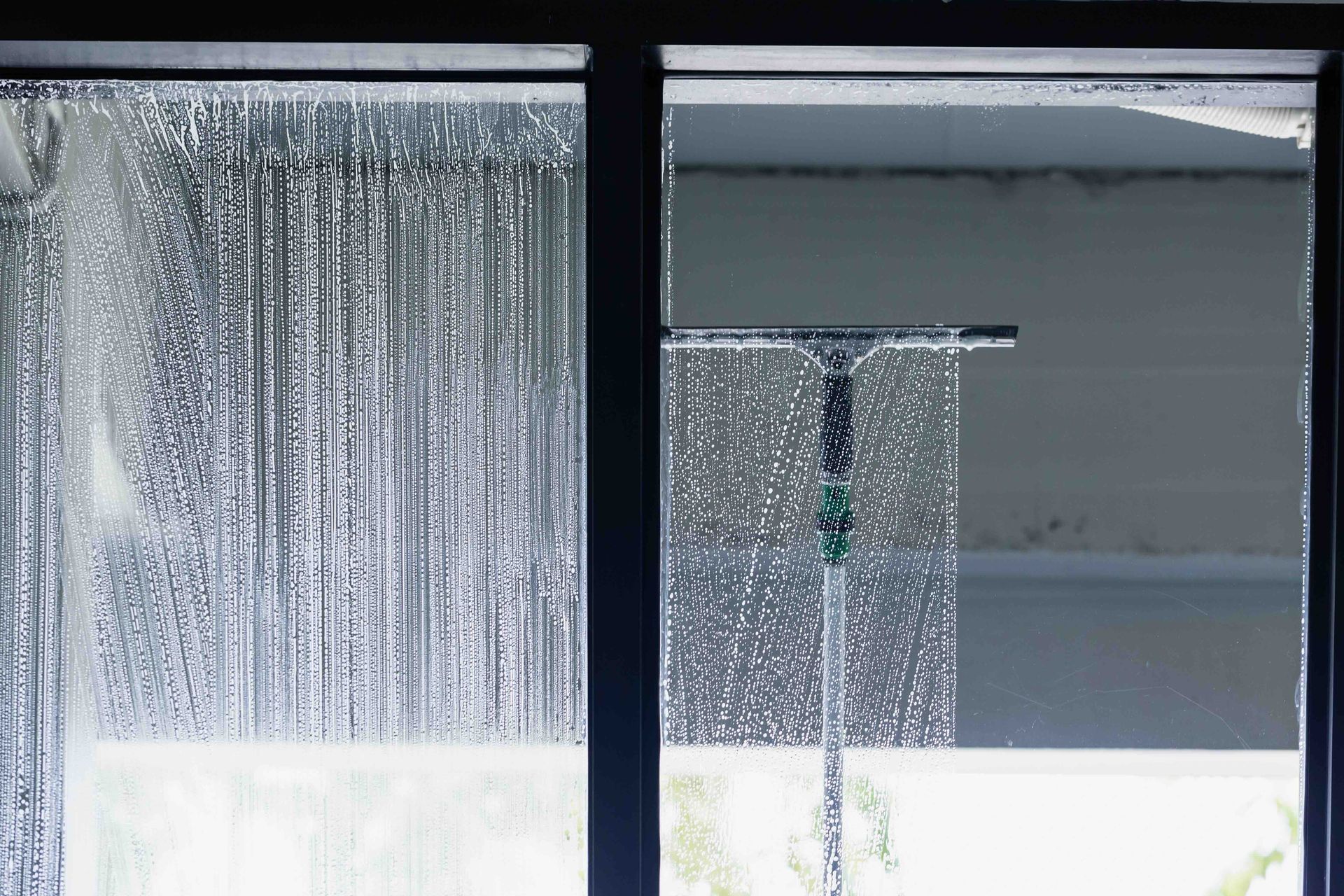The Great Debate: Renting vs. Buying - Who Wins?
The American Dream often features a picture-perfect house with a picket fence. But for many, particularly first-time homebuyers, the path to homeownership can feel daunting. The question of renting versus buying ignites endless debates, with passionate arguments on both sides. Is homeownership's stability and potential for wealth creation worth the commitment and financial burden? Or do the flexibility and lower upfront costs of renting offer a more practical solution, especially in today's ever-changing economic landscape?
Today, we delve beyond the surface, exploring the intricate details of both renting and buying. We'll unpack the advantages and disadvantages of each option, considering factors like finances, lifestyle preferences, and long-term goals. By the end of this exploration, you'll be equipped to make an informed decision that aligns perfectly with your unique roadmap to a fulfilling living situation.
What are the Pros and Cons of Renting?
Renting, the cornerstone of American housing for many, offers a unique blend of flexibility and affordability. While the dream of homeownership remains pervasive, renting presents a compelling option, particularly for young adults, those with careers requiring mobility, or individuals prioritizing a commitment-free lifestyle. However, renting is not without its drawbacks. Let's explore the advantages and disadvantages of renting in the United States.
Pros:
Lower Upfront Costs and Flexibility
One of the most significant advantages of renting is the minimal upfront financial commitment. Unlike buying, which requires a down payment, closing costs, and various fees, renting typically involves only a security deposit, often refundable upon lease termination. This makes renting an attractive option for those with limited savings or those unsure of their long-term location needs.
Renting also fosters financial flexibility. Renters are not tied to property taxes, homeowner's insurance, or unexpected maintenance costs. This predictability simplifies budgeting and allows renters to focus on saving for other financial goals, such as education or travel.
Maintenance-Free Living: Freedom from Repairs and Upkeep
Landlords generally hold the responsibility for repairs and maintenance of the rental property. This frees renters from dealing with leaky faucets, malfunctioning appliances, or unexpected plumbing issues. This allows renters to focus on their careers, hobbies, and overall well-being without the stress of property upkeep.
Increased Mobility and Lifestyle Freedom
Renting fosters a sense of freedom and adaptability. If career advancement necessitates relocation or if your personal life demands a change in scenery, renting allows for a smooth transition. Before moving on, you are not burdened with the complexities of selling a property. This flexibility particularly appeals to young professionals with evolving career paths or those seeking to explore different cityscapes before settling down.
Cons:
Limited Control and Lack of Equity Building
Despite the numerous advantages, renting also comes with limitations. One significant drawback is the lack of control over the property. Renters cannot make permanent changes or renovations to personalize the space. Also, landlords can raise the rent upon lease renewal, potentially impacting affordability over time.
Furthermore, renting does not contribute to building equity. Every monthly rent payment goes towards the landlord's mortgage, not towards ownership. This can disadvantage those seeking to build long-term wealth through property appreciation.
Potential for Instability and Frequent Moves
While renting offers flexibility, it can also lead to a sense of impermanence. Renters are subject to the terms of their lease agreements, and landlords may choose not to renew a lease for various reasons. This can necessitate frequent moves, which can be disruptive and challenge establishing long-term roots in a community.
Dependence on Landlords for Maintenance and Repairs
While some renters enjoy the benefit of maintenance-free living, the quality and responsiveness of repairs can vary greatly depending on the landlord. Sometimes, renters may face delays or unsatisfactory solutions when encountering maintenance issues within their units.
Potential for Higher Overall Costs Compared to Long-Term Ownership
While renting offers lower upfront costs, the cumulative rent payments over an extended period can be significant. In some cases, depending on the market and property value, long-term renting might cost more than ownership, particularly when factoring in potential property appreciation.

The American Dream: Owning a House
Homeownership has long been considered a cornerstone of the American Dream. Owning a house signifies stability, a sense of belonging, and the potential for long-term wealth creation. However, the path to homeownership is not without its challenges. Understanding the pros and cons of buying a house in America empowers you to make an informed decision that aligns with your financial situation and lifestyle goals.
Pros:
Building Equity and Long-Term Investment
One of the most significant advantages of homeownership is the opportunity to build equity. With every mortgage payment, you gain ownership of the property. Your equity increases as you pay the principal loan amount, and the property value appreciates. This equity represents a valuable financial asset that can be tapped into for future investments or emergencies.
Owning a home can also be a long-term investment. Historically, property values tend to be appreciated, particularly in desirable locations. This potential for appreciation translates into significant financial gain when you sell your home. While market fluctuations can occur, homeownership offers the potential for a substantial return on your investment over time.
Stability and a Sense of Belonging
Owning your home fosters a sense of permanence and stability. You have the freedom to personalize your space, make modifications to suit your needs, and put down roots in a community. Unlike renting, you are not subject to the whims of landlords or the potential for frequent moves. This stability can particularly appeal to families seeking a long-term haven for their loved ones.
Homeownership can also foster a sense of belonging and community. Owning a stake in your neighborhood motivates you to participate in local activities and build connections with your neighbors. This sense of community involvement can enrich your overall quality of life.
Tax Advantages and Potential Financial Incentives
Homeownership offers specific tax benefits that can reduce your overall tax burden. Homeowners can often deduct mortgage interest, property taxes, and certain home improvement costs from their taxable income. Consult with a tax advisor to understand the tax implications of homeownership in your area.
Additionally, some government programs and lenders offer incentives for first-time homebuyers. These incentives can take the form of down payment assistance programs or lower mortgage interest rates, making homeownership more accessible.
Cons:
Upfront Costs, Long-Term Commitment, and Financial Responsibility
Owning a house requires a significant upfront financial commitment. A down payment, typically 3.5% to 20% of the purchase price, is necessary to secure a mortgage. Additionally, closing costs must be factored in, which can amount to several thousand dollars. These upfront costs can be a hurdle, particularly for first-time homebuyers with limited savings.
Owning a house is a long-term commitment. Unlike renting, where you can quickly relocate upon lease termination, selling a home can be complex and time-consuming. This commitment necessitates careful consideration of your long-term goals and potential future needs before starting homeownership.
Homeownership also comes with ongoing financial responsibility. Beyond the mortgage payment, homeowners are responsible for property taxes, homeowner's insurance, and maintenance costs. These additional expenses must be factored into your budget to ensure you can comfortably afford the ongoing cost of homeownership.
Maintenance Burdens and Unexpected Expenses
Owning a house means taking responsibility for its upkeep. You are no longer shielded from repairs and maintenance costs like you might be in a rental situation. While some repairs might be minor, unexpected issues like roof leaks, appliance breakdowns, or major plumbing problems can arise and require significant financial outlays.
Setting aside an emergency fund for unexpected repairs is crucial for responsible homeownership. Budgeting for routine maintenance tasks like lawn care, gutter cleaning, and appliance servicing helps avoid financial surprises.
Aligning Your Needs with the Right Choice
Ultimately, buying a house hinges on a comprehensive evaluation of your circumstances. Carefully consider your financial stability, long-term goals, and risk tolerance. Do you prioritize flexibility or stability? Are you comfortable with the long-term commitment and ongoing financial responsibility of homeownership?
Owning a house offers the potential for wealth creation, stability, and a sense of belonging. However, it requires significant upfront costs, ongoing financial commitments, and the responsibility for maintenance and repairs. Weigh the pros and cons carefully, and consider seeking professional guidance from a financial advisor or real estate agent. By making an informed decision, you can confidently embark on the path to homeownership, transforming the American Dream into a reality that aligns with your unique financial and lifestyle goals.
If you want to talk with someone about your options, contact our office at
616.341.7231 or send us an email at
Contact@CornerstoneHomeGroup.com.
Share on





